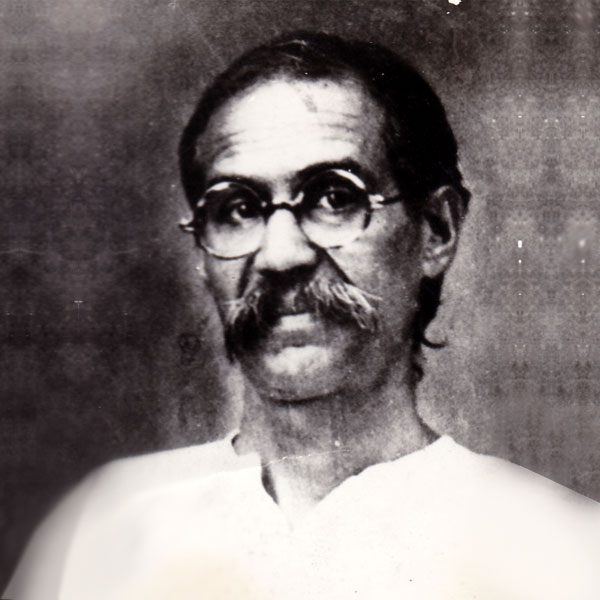Gijubhai Badheka

Gijubhai Badheka, born as Girijashankar on November 15, 1885, in Chittal in the Saurashtra region, was a pioneering Indian educator. In 1907, he left his studies and went to East Africa to support his family, where he learned about self-reliance from S. P. Stevens. After returning to India, he studied and practiced law in the High Court. The birth of his son in 1913 sparked his interest in childhood development and education. Inspired by Maria Montessori’s work, Gijubhai opposed traditional schooling focused solely on exams. He believed schools should be joyful places where children love to learn, and teachers should be their friends.
In 1920, Gijubhai left his legal practice to found the Bal Mandir pre-primary school. He adapted Montessori’s educational philosophies to Indian needs, incorporating music, dance, travel, storytelling, and outdoor play. He also established the “Shree Dakshinamurti Gijubhai Vinay Mandir” school in Bhavnagar. His innovative methods were praised by Mahatma Gandhi. Gijubhai is credited with laying the foundation of the Montessori education system in India.
Gijubhai published nearly 200 books, including children’s storybooks. His Gujarati book “Divaswapna,” which outlines his educational methodology, has been translated into many languages. He also conducted an Adult Education Campaign in 1930 and initiated the concept of ‘Vanarsena,’ child satyagrahis.
Trivia : Mahatma Gandhi affectionately called Gijubhai Badheka “Moochhali Maa” (a mother with whiskers).
References:
- Gijubhai Badheka Philosophy for Education - SlideShare
- Gijubhai Badheka - PeoplePill
- Gijubhai Badheka - Official Website